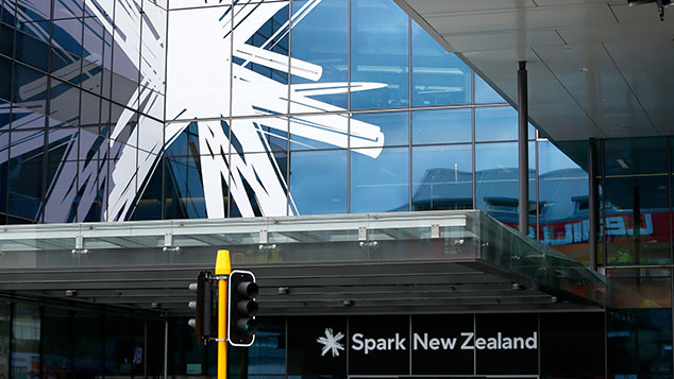
Spark has received a warning from the Commerce Commission and has been ordered to refund nearly 113,000 customers a total of more than $15 million after some were charged for a service they did not need or could not benefit from.
In a statement, the Commerce Commission said that between 2014 and early 2021, Spark charged more than 400 wireless broadband customers and around 112,600 fibre connection customers for the wire maintenance service, even though most would have no need for it.
The telco collected around $15.7 million in fees for the service from those customers over the six-year period.
The commission began investigating Spark New Zealand Trading Limited (Spark) in 2020 following a consumer complaint.
So far, Spark has already refunded around $15 million to customers. The remaining $348,757.93 is still to be refunded to 4921 customers, with 1223 former customers each eligible to receive over $100 of refunds.
Commerce Commission chairwoman Anna Rawlings said Spark's conduct created an impression through its website that a wire maintenance service was suitable for all connection types when it was not, and made misleading representations through invoicing its customers for the service that would be of no use or benefit.
Rawley claims this likely breached the Fair Trading Act.
"Businesses should not be charging customers for services that they don't need or have no use for, or services that they cannot practically benefit from. If extra services or costs are charged, businesses must ensure that information about them is clearly disclosed to customers and is accurate, complete and easy to understand."
Spark has since stopped selling the service to wireless and fibre connection customers.
In a statement, Spark product director Tessa Tierney said the maintenance was originally put in place for customers with copper wiring and, in more recent years, was also available to fibre customers.
"While some of these customers did benefit from the service, it was not applicable for the majority, so, in 2020 we stopped offering wire maintenance on fibre connections and proactively removed the service on current fibre connections," Tierney said.
Tierney added that a small number of wireless broadband customers were charged for the wire maintenance service as a result of separate historical system errors.
"We recognise this falls short of the high standards of product management our fibre and wireless customers both expect and deserve, and we apologise to anyone impacted. We are committed to improving our systems and processes to ensure this does not happen again."
Spark is urging former customers to check if they are one of the many owed a share of the $15 million, as some former customers may have changed their contact details since being with Spark, and they may not have received the communication and instructions on how to claim their refund.
Former Spark customers who paid for wire maintenance while on a fibre or wireless connection and who have not yet claimed their refund can go to spark.co.nz/accountrefund.
Spark also said that unclaimed refunds under $100 will go to a recognised charity or charities but customers will have the ability to claim their refund from Spark at any point after the donation date.
This is not the first time Spark has been investigated for potentially breaching the Fair Trading Act.
In 2019 it was prosecuted and fined $675,000 for making false or misleading representations in its customer invoicing and when making a $100 credit offer to new customers.
They were also warned in 2017 for misleading advertising and making unsubstantiated representations about a competitor's network closing imminently.
They received another warning in 2019 for misleading in-contract customers about a broadband price increase, making unsubstantiated representations about the speeds consumers would receive from portable Wi-Fi devices and false representations about the price of sim cards, and failing to correctly apply a $300 welcome credit to the accounts of eligible customers.
- Rachel Maher, NZ Herald
Take your Radio, Podcasts and Music with you









